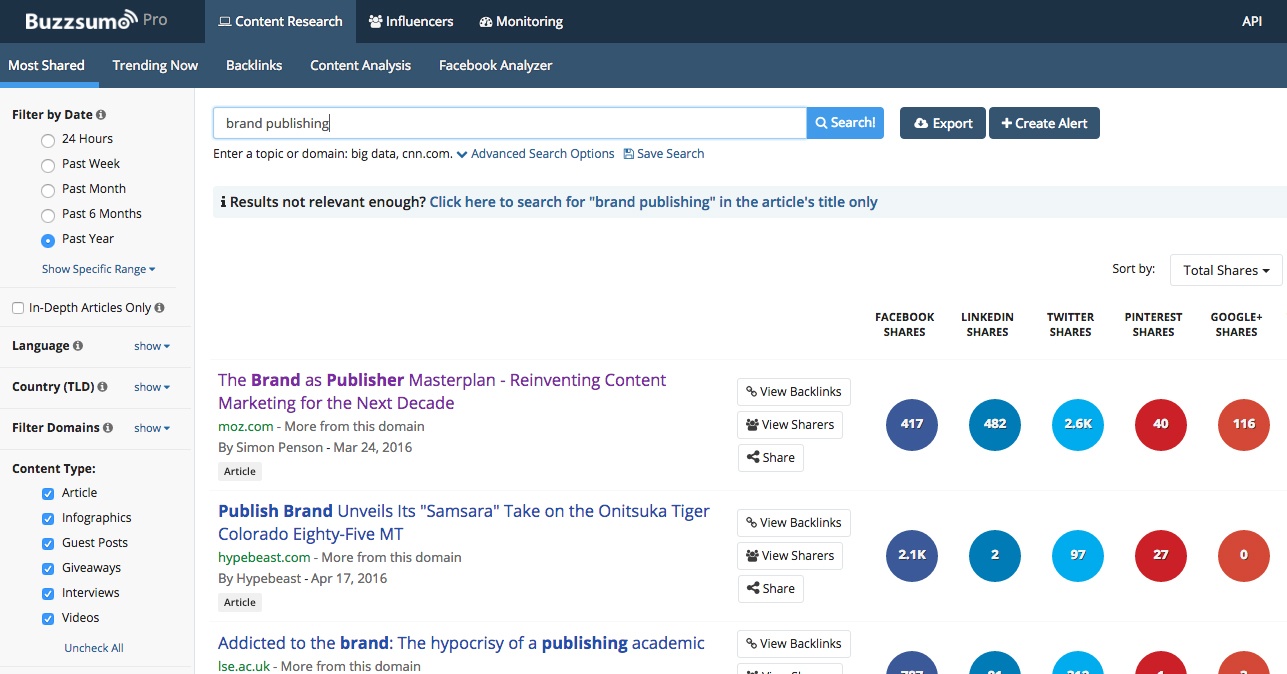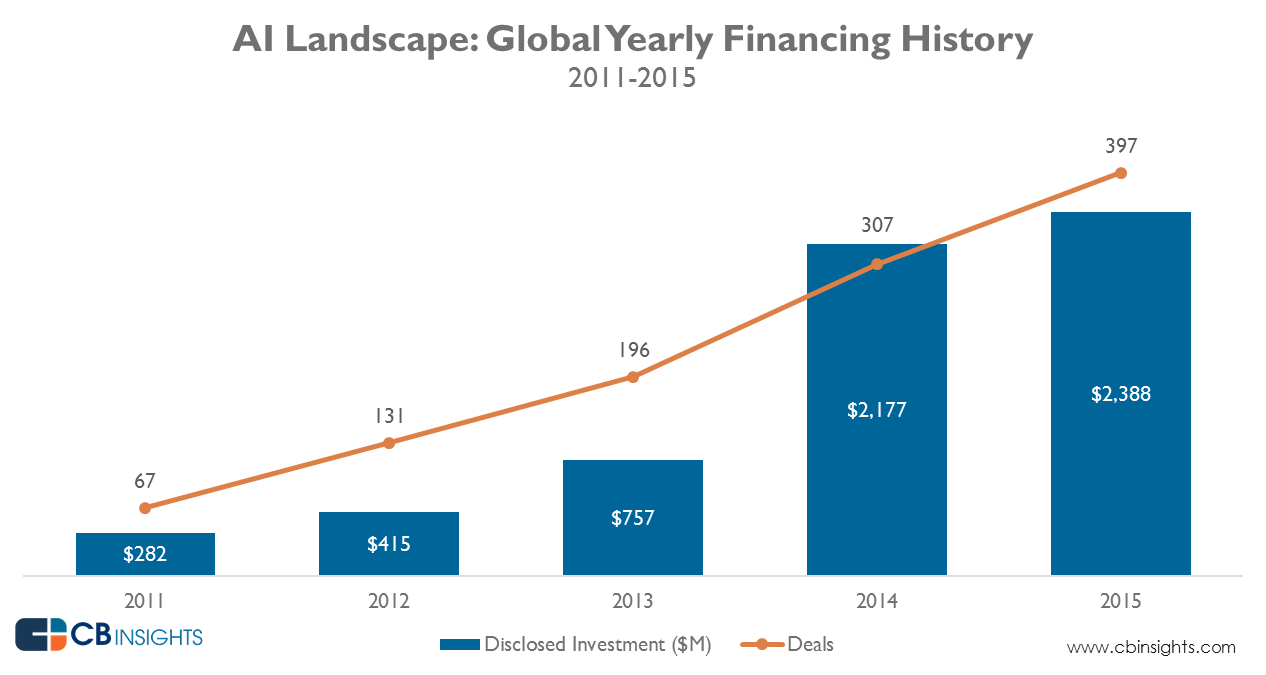
Steven Aguiar
19 Jul Believe Facts, Not Hype: Four Myths About Snapchat
Savvy marketers embrace platforms that claim attention, not just hype. Snapchat has long been in the upper echelons of hype-generators, from its days as the naughty network for short-lived sexts to its infamous rejection of $3 billion dollars from Facebook. But ever since declining that buyout, Snapchat has matched its bad-boy buzz with savvy product tweaks, clever brand promotion, and innovative ad formats. Users and advertisers have followed in droves.
Still, myths abound about Snapchat, its user base, its best practices, and its utility for marketers. This is understandable. More than any other social app, Snapchat was built for digital natives; it takes time to master the platform’s nuances, and its leadership hasn’t shown themselves eager to sacrifice user experience for the sake of raking in money (though the winds of change have begun to blow).
We will not argue today that all brands belong on Snapchat. However! We do believe that all brands should at least consider it. To understand why, let’s rebuke some of the more resilient untruths about Snapchat.
12 Jul Why You Should Use BuzzSumo, The One Content Marketing Tool We Can’t Live Without
During our first few months as a bootstrapped social media agency, we’ve been really careful in making investments we think will pay for themselves, and then some. One tool that's easily worth $99 a month from our budget is the “Pro” version of BuzzSumo, a platform that helps users “analyze what content performs best for any topic or competitor.” So far, it’s been indispensable in developing content strategies for both BlueWing and our clients. Put simply, BuzzSumo is a content marketing service that tracks both web content and shares across the major social media sites, including Facebook, Twitter, Pinterest, LinkedIn and Google+. It’s a foolproof way to identify the influencers, websites, and individual posts that are most popular within a niche. Armed with this information, publishers can produce their own content with the confidence that it will resonate with their target audience. Let’s dive into the different features and how we use them.06 Jul Why Facebook Is Investing So Much in Artificial Intelligence
Investment in artificial intelligence startups is exploding. According to venture capital data company CB Insights, equity funding for AI companies reached a record high in the first quarter of 2016, and "over 200 AI-focused companies have raised nearly $1.5B" so far this year.
Artificial intelligence's applications extend far beyond the design of human-like robots. Fans of HBO's Silicon Valley might be familiar with Pied Piper's "neural net," the artificial intelligence layer that makes their compression algorithm smarter without any additional human brainpower. (Or, more importantly, human brain-hours.) In the real world, from which Silicon Valley borrows heavily, Facebook and other technology companies are looking to take advantage of AI in similar ways.
The potential use cases for AI in the social media space are far-reaching. Unsurprisingly, Facebook has emerged as one of the key players, leading the charge with both massive internal projects and select acquisitions of smaller companies. Here's what they're up to and why.
28 Jun The Beginner’s Guide to Facebook Canvas
Some of the most efficient ads you can buy in 2016 are on Facebook. And the best ads on Facebook today are more than images or videos. They’re experiences.
For a stellar example of this, we’re pretty bullish on Facebook’s Canvas ad product. This unit is driving serious results for its beta test users—it’s worth exploring whether you can make it work for an upcoming campaign.
23 Jun Every Possible Way to Target Ads Using an Email Address
Target ads for the long haul with email.
Building a quality email list is a cornerstone of an effective digital marketing strategy. While having a relevant following on social media channels is crucial, to reach them you must play in another platform’s sandbox. An email list is something you own. There are no algorithm changes, terms of service, or fickle user bases. Social media platforms fall in and out of grace year-over-year, but people hold onto their email accounts for much longer. Like a digital social security number, email addresses have become powerful personal identifiers. Digital advertising platforms are increasingly allowing marketers to zero in on users based solely on their email addresses; with each new way you can target someone outside of their inbox, the importance of building an email list has increased. Below, we've put together a guide outlining every possible way you can advertise to someone using their email address. As new platforms open their targeting to include email addresses (what's up, LinkedIn?), we'll add them to the list. If there's any we are missing, please hit us up on Twitter.22 Jun 39 Email Newsletters Worth Subscribing to Right Now
Last month, Wired's Clive Thompson wrote on the "blissfully slow" world of email newsletters. Thompson points out that newsletters, which are now back in vogue, have made our inboxes a "new site of readerly seriousness: How weird is that?" Not that weird, really. In 2016, the newsletter is a pleasant counterpoint to the never-ending feeds we find everywhere else. Infinite scroll is overrated; it's nice to feel "done" reading once in a while. The creative limitations of newsletters are what make them so inviting: their finite real estate, limited frequency, and lack of shareability. Every day, 92,000 articles are posted on the web, creating a social media shit show in their wake. Newsletters act as individual curators, branded aggregators and self-contained pieces of content; we find peace of mind knowing only the best stuff shines through. Playing up this premium notion, email blasts have become the core product of a new batch of trendy editorial products like Lenny Letter, The Skimm, Lead Sports and, during its launch phase, The Ringer. So, which are the best email newsletters? We put together a list of our favorites, hand-clicked by the team at BlueWing and a few of our peers. Thank you Will, Steve, Alicia, Rob, Ingrid, George and Khalila for the recommendations.21 Jun By the Numbers: Why SEO Isn’t Dead
 With social media usage growing 356% in the past six years, companies are spending a lot more time crafting, cultivating, and fine-tuning their messages to reach target audiences on their social sites. Whether it’s to gain more followers, increase customer engagement, or boost sales, an effective social media strategy is critical to a business’ growth and success.
But what about search engine optimization (SEO) strategies? Are brands still leveraging the power of SEO to increase the discovery of their content through search engines? In general, should companies be betting on more than social?
Absolutely. Although social media marketing is exploding, SEO techniques remain highly relevant in 2016. In fact, search is still the leading referrer to the majority of websites. According to Kissmetrics, more people look for business through search than on social media. If your company neglects effective SEO strategies, you are leaving lots of leads, prospects, and money on the table.
If you're still not convinced, read the below 16 stats, which prove that SEO is not dead and demonstrate how its application is vital to your digital marketing strategy.
With social media usage growing 356% in the past six years, companies are spending a lot more time crafting, cultivating, and fine-tuning their messages to reach target audiences on their social sites. Whether it’s to gain more followers, increase customer engagement, or boost sales, an effective social media strategy is critical to a business’ growth and success.
But what about search engine optimization (SEO) strategies? Are brands still leveraging the power of SEO to increase the discovery of their content through search engines? In general, should companies be betting on more than social?
Absolutely. Although social media marketing is exploding, SEO techniques remain highly relevant in 2016. In fact, search is still the leading referrer to the majority of websites. According to Kissmetrics, more people look for business through search than on social media. If your company neglects effective SEO strategies, you are leaving lots of leads, prospects, and money on the table.
If you're still not convinced, read the below 16 stats, which prove that SEO is not dead and demonstrate how its application is vital to your digital marketing strategy.









